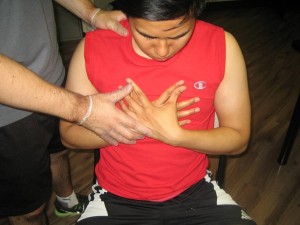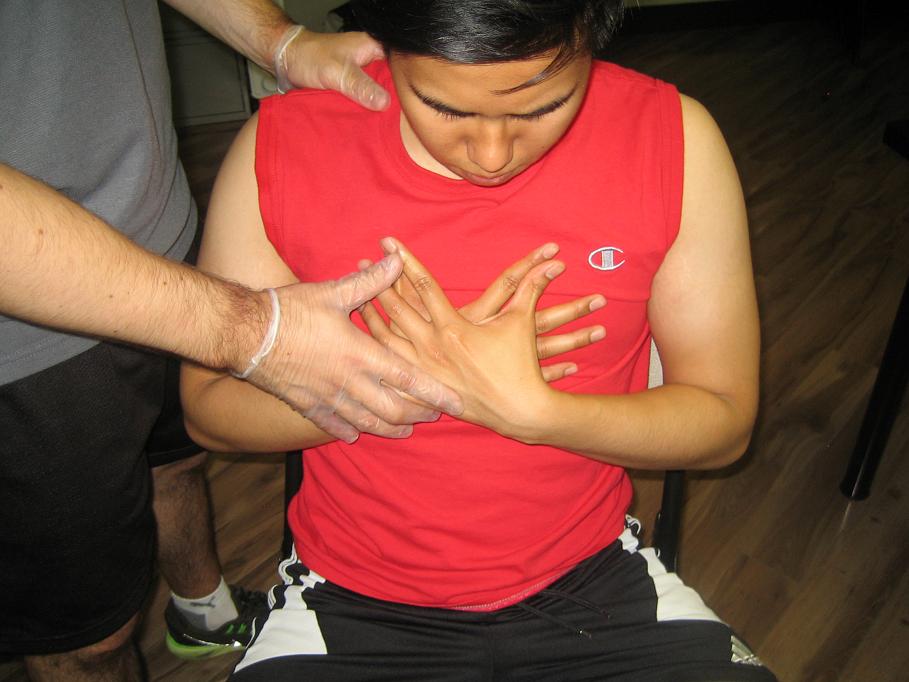Even though there are various forms of heart disease with their own set of symptoms, there are key symptoms that you should be familiar with. If an individual show any of these symptoms, a doctor should be consulted so that further assessment can be carried out.
https://www.youtube.com/watch?v=qczRzcqxoIo
Vital symptoms of heart disease
Chest pain or discomfort
The presence of chest pain or discomfort should not be ignored or dismissed as insignificant. It is used to define any squeezing, pain, pressure, choking, numbness or any form of uneasiness in the chest, upper abdomen or neck and often linked with pain in the head, jaw or the arms.
Depending on the cause, chest pain can last for a few seconds or up to days or weeks and can occur rarely or frequently as well as in a predictable or random manner. The doctor has to sort out through these variations to pinpoint the exact cause of the pain whether it is a serious issue. This is why it is vital to consult a doctor if chest pain is present.

Palpitations
Palpitations or unusual perception of the heartbeat is a common symptom. Many individuals who complain of palpitations describe it as a skipping in the heartbeat or periods of rapid and/or irregular heartbeats.
In most cases, some usually have a type of cardiac arrhythmia or abnormal heart rhythm. There are various types of arrhythmias and most can trigger palpitations. It is sad to note that palpitations can indicate a dangerous heart arrhythmia such as ventricular tachycardia. Remember that palpitations are likely to indicate a serious underlying cause if accompanied by episodes of dizziness or lightheadedness.
Dizziness or lightheadedness
The episodes of dizziness or lightheadedness can have various causes including anemia and other blood conditions, viral illness, dehydration, diabetes, prolonged bed rest, digestive issues, thyroid disease, liver disease, vascular disease, kidney disease, neurological disorders, heart failure and cardiac arrhythmias.
Due to the various conditions that causes these symptoms, it is vital to undergo a thorough assessment by a doctor.
Syncope
Syncope involves abrupt and momentary loss of consciousness or fainting. This is a usual symptom and does not often indicate a serious health issue. However, there are cases in which it can indicate a life-threatening condition.
Fatigue
Fatigue or lethargy are usual symptoms of heart disease. It usually makes it difficult for the individual to function at normal levels. Just like with dizziness and lightheadedness, an individual who experiences fatigue should consult a doctor for further assessment to determine the cause.
Shortness of breath
Shortness of breath or dyspnea is often an indication of a heart or pulmonary disorder. Coronary artery disease or heart failure frequently lead to shortness of breath.
Remember that shortness of breath is almost always an indication of a significant health issue and requires proper assessment by a doctor.

